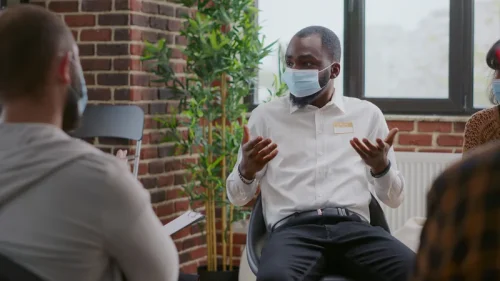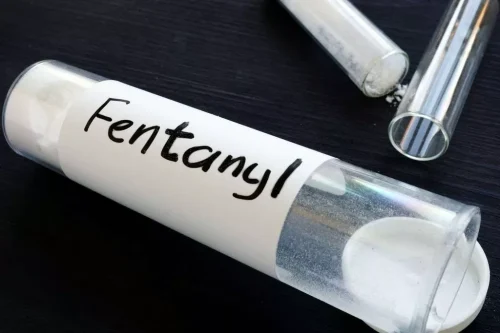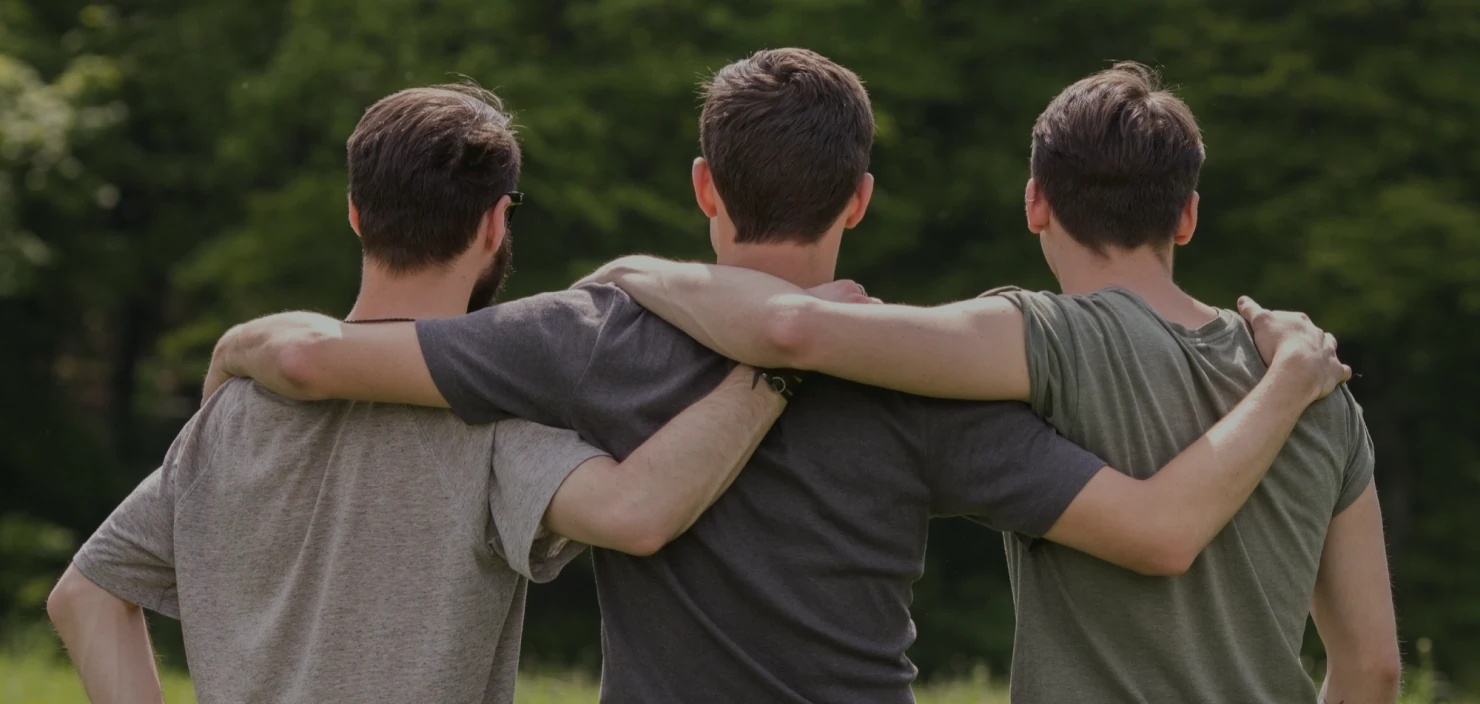
Shortly after substance use is stopped, people may experience withdrawal, the onset of unpleasant physical and psychological symptoms —from irritability to shakiness to nausea; delirium and seizures in severe cases. Under all circumstances, recovery takes time because it is a process in which brain cells gradually recover the capacity to respond to natural sources of reward and restore control over the impulse to use. Another widely applied benchmark of recovery is the cessation of negative effects on oneself or any aspect of life. Many definitions of recovery include not only the return to personal health but participation in the roles and responsibilities of society.
Family Support of Youth Recovery
- She is now the proud owner of Rhoades to Recovery Consulting, Training and Clinical Services and provides consulting and training services to Addiction and Recovery organizations across New York State.
- SAMHSA’s mission is to lead public health and service delivery efforts that promote mental health, prevent substance misuse, and provide treatments and supports to foster recovery while ensuring equitable access and better outcomes.
- This compulsion can be stronger than their desire to provide for their family or take proper care of their children.
- Our Treatment Advisors are available 24 hours a day to help you or a loved one access care.
- Together, understanding addiction and recovery, providing compassionate care, and setting realistic expectations form the bedrock of support families can offer their loved ones.
This long-term commitment to support not only helps in sustaining recovery but also strengthens the family bond, fostering a healthier and more resilient unit. Stephen has worked for the past 17 years in Behavioral Health focusing on Substance Use Disorder and recovery support services. Stephen current lives in the Buffalo Area and he is a founding member of the Buffalo/Niagara Peer Collaborative. family support in addiction recovery Colleen DiLello is employed as a CRPA-P at Central Nassau Guidance with the Mobile Recovery Unit since January 2020. In recovery Colleen has gotten her GED, become a CRPA-P and has a passion for helping others with SUD and MH issues. The disease of addiction, because of the effects it has on the addict’s ability to make good and proper choices, can undermine the entire family.
Free by the Sea Offers Addiction Treatment and Family Therapy
Furthermore, as of 2020, 13.5% of people aged 12 and older reported using an illegal drug within the past month. Families affected by their loved one’s addiction often experience anger, depression, anxiety, arguments, and emotional outbursts. At the very least, self-care should include sleep hygiene, good nutrition, and physical activity. Sleep is essential for shoring up impulse control and fostering good decision-making. Another vital element of care during recovery is relapse prevention—learning specific strategies for dealing with cravings, stress, setbacks, difficult situations, and other predictable challenges. People can learn to resist or outsmart the cravings until they become manageable.
Building the foundation for your new life.

This type of rehab may allow parents to remain with their children while they undergo treatment for SUDs in a residential setting. These types of programs are designed to meet both the needs of parents and the needs of their children; parents can continue their parenting responsibilities, bond with their children, and receive childcare while they participate in treatment. https://ecosoberhouse.com/ Having dependents may be stopping you from going to rehab—this may be the key factor in your decision—but there may be drug and alcohol addiction treatment facilities that provide the opportunity to bring your children with you. Parents struggling with addiction may worry about being separated from their children if they need to attend rehabilitation for treatment.
When Your Loved One Is Resistant to Change

Moreover, teaching individuals how to use positive communication skills to express emotions openly without resorting to hostility or blame is important to foster change. Through structured treatment, families can learn to identify behaviors sparked by fight, flight, and freeze responses that may perpetuate their loved one’s addiction and replace them with positive ones (SAMHSA, 2020). Two related behavioral interventions are primed to enhance youth MOUD services are family psychoeducation and shared decision-making. Family OUD education can provide structured information about OUD symptoms, disease course, impacts on multiple domains of functioning, individual differences, and MOUD practices. These family issues can create a toxic environment that sustains addiction and prevents the individual from seeking the help they need. Therefore, addressing these dynamics with holistic therapy for addiction that centers on the family is crucial in breaking the cycle.

Explore Resources


- Peer-based services offer non-clinical drug-free environments for recreation, skill-building, and recovery supports in the form of emotional, informational, instrumental (concrete) support and positive affiliation.
- In some cases, people may self-medicate with drugs and alcohol to manage their conditions.
- In fact, people in recovery might be better off if the term “relapse” were abandoned altogether and “recurrence” substituted, because it is more consistent with the process and less stigmatizing.
- According to a study conducted by the Bureau of Labor Statistics, 69 percent of people employed in the private sector had access to health insurance, with the company picking up 71 percent of the costs for that insurance.